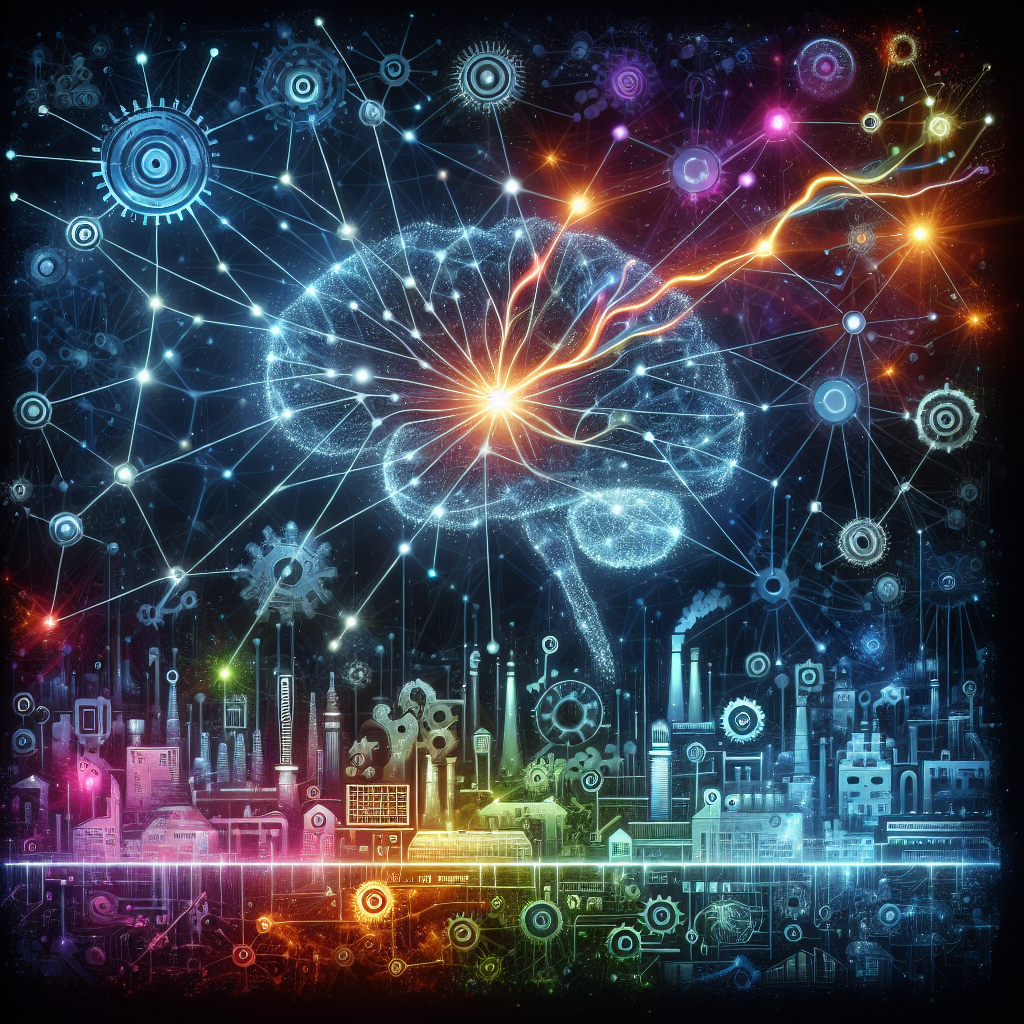The Rise of AGI: How Artificial General Intelligence is Revolutionizing Industries
Artificial General Intelligence (AGI) is a type of artificial intelligence that is able to perform any intellectual task that a human can do. Unlike narrow AI, which is designed for specific tasks, AGI has the ability to learn and adapt to new tasks and environments. This makes it a potentially game-changing technology that could revolutionize industries across the globe.
The concept of AGI has been around for decades, but recent advancements in machine learning and deep learning algorithms have brought us closer to realizing this vision. Companies like OpenAI, DeepMind, and IBM are at the forefront of AGI research, developing systems that can understand and reason about the world in a way that was previously thought to be impossible for machines.
One of the key areas where AGI is poised to make a significant impact is in the field of healthcare. With the ability to process and analyze vast amounts of medical data, AGI systems can help doctors diagnose diseases more accurately and recommend personalized treatment plans for patients. This has the potential to revolutionize the healthcare industry, leading to better outcomes for patients and lower costs for providers.
AGI is also expected to have a major impact on the field of finance. With the ability to analyze market trends and make complex decisions in real-time, AGI systems can help investors make smarter investment decisions and optimize their portfolios. This could lead to more stable financial markets and increased returns for investors.
In the field of transportation, AGI systems are being used to develop self-driving cars that can navigate complex environments and make split-second decisions to avoid accidents. This technology has the potential to revolutionize the way we travel, making roads safer and reducing traffic congestion.
AGI is also being used in the field of manufacturing to develop autonomous robots that can perform tasks traditionally done by humans. These robots are able to work faster and more efficiently than humans, leading to increased productivity and lower labor costs for manufacturers.
Overall, AGI has the potential to revolutionize industries across the globe, leading to increased efficiency, lower costs, and improved outcomes for businesses and consumers alike. However, there are also concerns about the potential negative impacts of AGI, such as job displacement and ethical issues surrounding the use of AI in decision-making processes.
FAQs
Q: What is the difference between AGI and narrow AI?
A: AGI is a type of artificial intelligence that is able to perform any intellectual task that a human can do, while narrow AI is designed for specific tasks. AGI has the ability to learn and adapt to new tasks and environments, while narrow AI is limited to the tasks it was designed for.
Q: How close are we to achieving AGI?
A: While significant progress has been made in the field of AGI research, we are still a long way from achieving true AGI. Researchers are continuing to develop new algorithms and technologies that will bring us closer to this goal, but it is difficult to predict when AGI will be realized.
Q: What are the potential benefits of AGI?
A: AGI has the potential to revolutionize industries across the globe, leading to increased efficiency, lower costs, and improved outcomes for businesses and consumers. In healthcare, AGI can help doctors diagnose diseases more accurately and recommend personalized treatment plans. In finance, AGI can help investors make smarter investment decisions and optimize their portfolios. In transportation, AGI can develop self-driving cars that can navigate complex environments and reduce traffic congestion.
Q: What are the potential risks of AGI?
A: There are concerns about the potential negative impacts of AGI, such as job displacement and ethical issues surrounding the use of AI in decision-making processes. There is also the risk of AGI systems making mistakes or being used for malicious purposes, leading to unintended consequences.
In conclusion, the rise of AGI is set to revolutionize industries across the globe, leading to increased efficiency, lower costs, and improved outcomes for businesses and consumers. While there are potential risks associated with AGI, the benefits far outweigh the drawbacks. As researchers continue to make advancements in the field of AGI, we can expect to see even more groundbreaking applications of this technology in the years to come.

